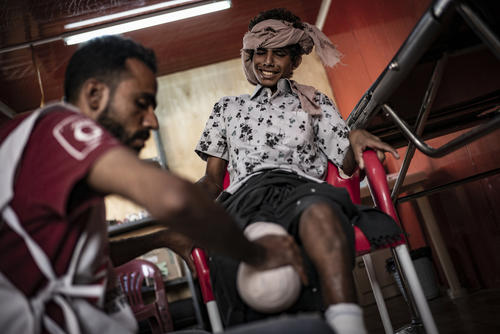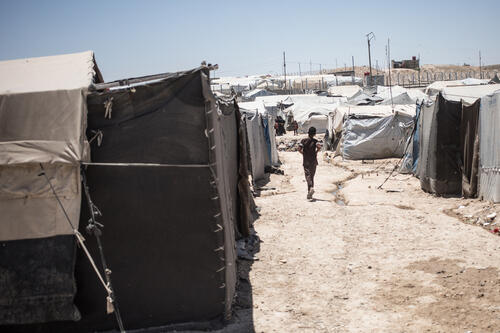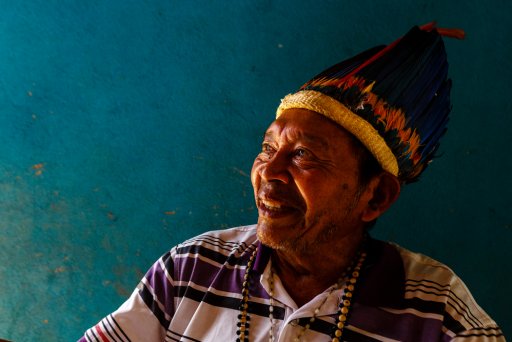Sorry, that story no longer exists on our website
The article or video you are looking for has been moved to our archive. Perhaps another story on this page might interest you?
Scroll down for links to our latest news, crisis explainers and videos from our projects.
Latest news and stories from MSF Ireland

Learn how MSF helps treat malnutrition in Afaf, Ethiopia, one of the country's harshest landscapes.
Learn more

After months of unsuccessful engagement with Israeli authorities, we have concluded that we will not share a list of Palestinian and international staff with Israeli authorities.
Learn more

MSF responds to frequently asked questions about the reality of our work on the ground.
Learn more
Never miss another story
Sign up to Frontline, our monthly e-newsletter, to stay up to date with MSF's life-saving work in over 65 countries
MSF crisis responses explained

Years of conflict have left millions in Yemen without food, water, or healthcare. MSF is saving lives every day— learn more and support our work.
Learn more




